The content of the alternative courses is topics that are rarely covered in regular
classes. Leveraging their extensive knowledge of Chinese culture, the High School’s
Chinese teachers have brought energy and creativity to student's online learning
experience. This process not only broadens the horizons of students, but also
provides additional learning opportunities and challenges, allowing students to
appreciate Chinese culture, language and literature in a broader context.
—— Le Yingyu Head of High School Chinese
As IGCSE and IB students finished earlier than expected this year, the High School’s academic team have established alternative courses for Years 10 and 12 that offer the students additional learning opportunities. As High School Director of Teaching and Learning, Mr. Anderson, explains that: “The alternative courses were designed to broaden our students' perspectives and spark their intellectual curiosity outside of the standard curriculum. The students responded very enthusiastically to the different options, and were able to pick from a large variety of courses. Our teachers were very creative in their choices of content, whether they were learning French or German, studying 10 films you need to see, or investigating 1950's rock, our students loved learning something completely different!”
One such new way of exploring new concepts is through exploring creative and interesting pieces of literature, allowing us to delve into different writers’ impressions of the world in writing. Sometimes literature contains vivid descriptions of the real world, such as delicious food and beautiful scenery, and other times it depicts what see in our mind’s eye. Chinese literature is notable for expressing unique elements of China’s storied culture. In the alternative courses, the Chinese teachers devised a creative unit that allowed students to appreciate the unique charms of Chinese literature, including chivalric themes, as well as Hong Kong literature that combines elements of both Chinese and Western literary traditions.
For Year 12 students about to embark on a new chapter in their lives, the alternative Chinese classes represent a meaningful exploration of Chinese culture. The classes allow the students to better understand different aspects of Chinese culture from both a realistic and literary point of view.
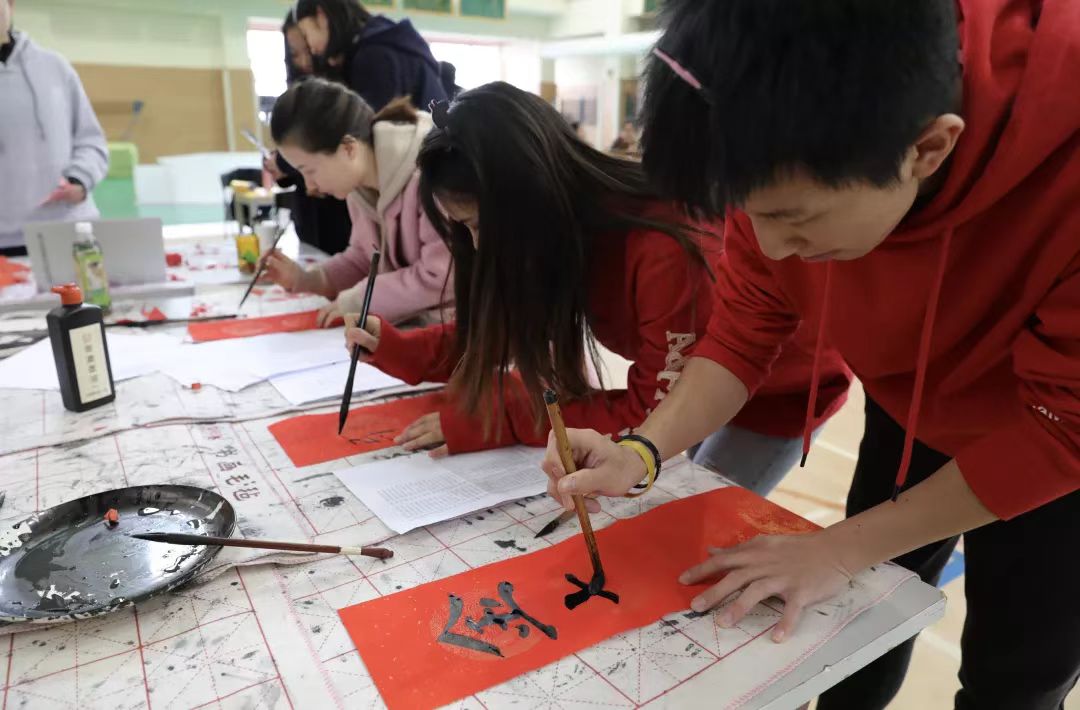
“Creatures in Mythology”
In the unit "Creatures in Mythology", Chinese teacher Rochelle Ding discussed the many types of mythological creatures that appear in Chinese and Western mythology. Studying mythology is a useful academic exercise as intensive reading of classic texts improves students' reading comprehension ability. In an after class creative adaptation exercise, the students integrated visual elements with archaeology, business, and film in the context of contemporary reality.

Ms. Ding used the “Classic of Mountains and Seas” to introduce students to the topic as it is a particularly significant piece of Chinese mythological literature. She led students to study archetypal Chinese mythological creatures, discussed the origin of the text, the images of creatures used in it, and the connection between images in contemporary versions of the book and the original text. Further, Ms. Ding explained to the students how certain creatures in the text shared certain characteristics, and she also pointed out their differences, and noted how they were influenced by culture, customs, and history. Additionally, the students shared how they thought about the appearance of the creatures in their imaginations.
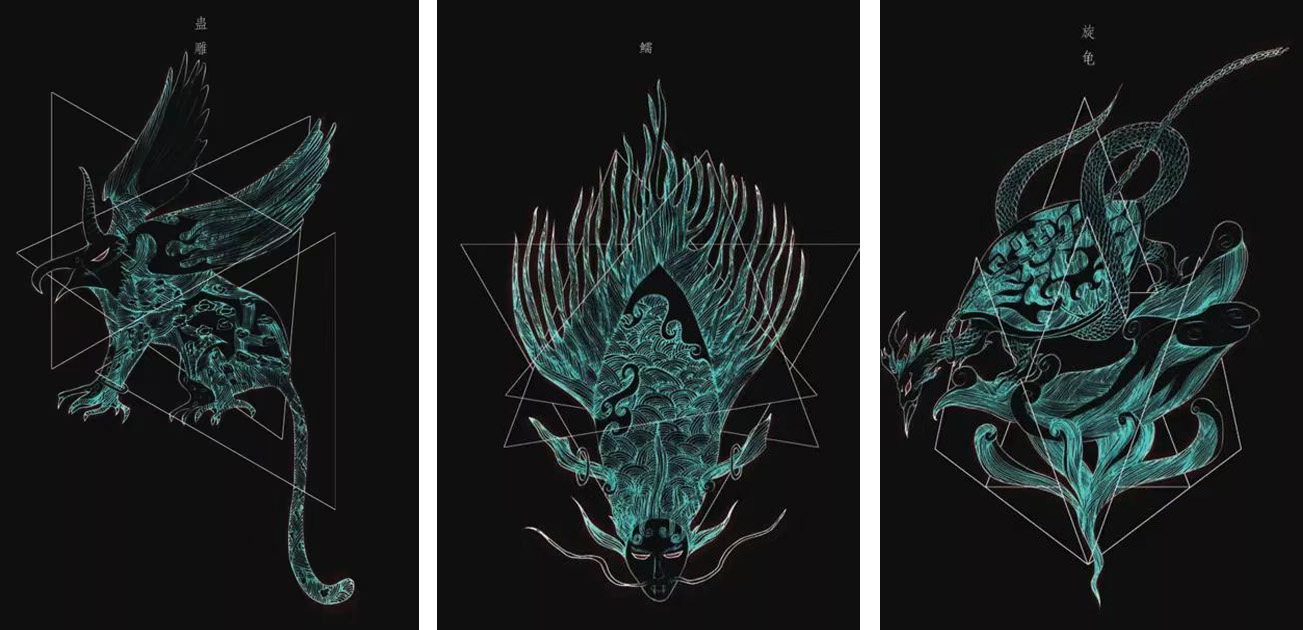
Afterwards, students explored the connection between the “Classic of Mountains and Seas” and other classic texts, including “Shen Yi Jing(神异经),” “Shu Yi Ji(述异记),” and "Bo Wu Zhi(博物志)". As they worked to find the links between the different texts, the students focused on the historical and biological reasons for the disappearance of rare birds and creatures, and also studied the influence of myths on totem worship, tribal development, and other sociology-related topics.
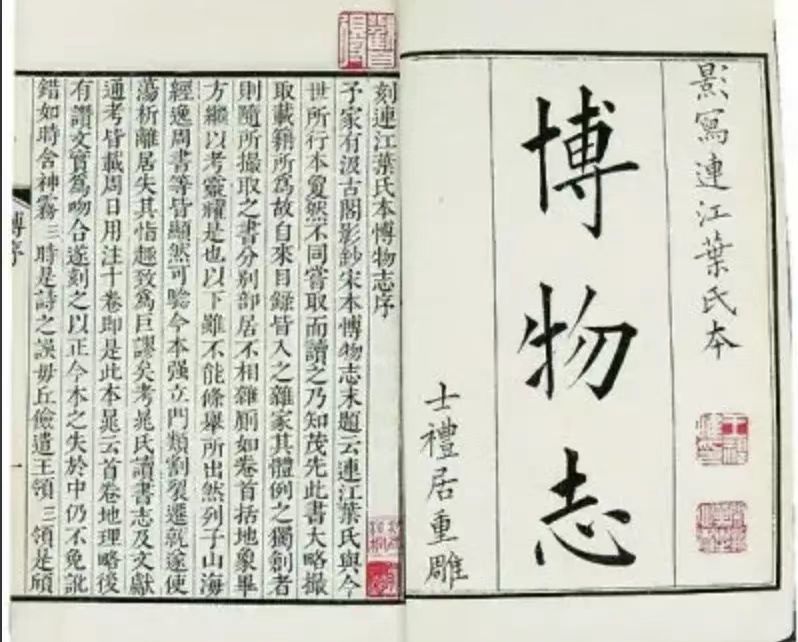
In order to compare Chinese and Western cultures, Ms. Ding also included the study of Greek mythological creatures. To that end, the students in her class discussed the multiple interpretations and special meanings of the Sphinx, alongside exploring the relationship between the Sirens and Medusa. Further, discussion in the class touched on the many classic motifs involved in works based on creatures in Norse mythology. The students even carried out a reenactment of literary mythology based on the four key words of “creature, destiny, hero and wisdom.”
“Chivalry and Benevolence”
In the classroom, Le Yingyu, Head of High School Chinese, guided students to experience the concept of "chivalry" – which is pronounced as “xia” in Chinese language. The word "xia" is challenging to translate into English, because it is not easy to find a word in English that can accurately express the same depth of cultural heritage and feeling contained within. This course taught by Ms. Le aims to help Pao School students, particularly those who plan to study abroad, discover elements of Chinese culture that have endured through the ages but are perhaps not as visible today.
The "Chivalry and Benevolence" course covered a wide range of topics. It traced the root of the martial arts ethos in Chinese culture from “Legends of Assassins” and “Biography of a Paladin” from the book of Shi Ji(史记), a book that records a history of more than 3,000 years from the ancient Yellow Emperor to the Han Dynasty. The course also examined female characters in martial arts novels from a feminist perspective, explored Louis Cha's novels which focus on how Chinese people perceive heroism, and finally studied the spirit of traditional Chinese culture by comparing Chinese martial arts moves with Western magic.
Through lively discussions, Ms. Le guided the students to find a deeper understanding and appreciation of the spirit of martial arts, looking at how traditional Chinese culture has impacted their evolution and how martial arts are seen today.

Ms. Le's recommended course reading list
“Food and Literature”
In the unit “Food and Literature" taught by Daisy Wang and Claire Weng, students explored how food is depicted in different literary works and discovered the charms of different regions. In this unit, students learned how writers can use food to express their personal emotions, outlook on life, and outlook on literature and art.
In the introductory part of the course, Ms. Wang and Ms. Weng focused on contemporary food culture and the role food plays in our lives. Then, the class discussed the role food plays in the classic Chinese novel “Dream of the Red Chamber” and analysed the role of food in other literary works.

The third part of the course focused on "Wang Zengqi's Food book” to understand how the author uses food to express his emotions and perspectives on life, literature, and art. As part of the class, the students used video to reproduce a dish featured in the book and presented their own novel, essay, poem, or play.
Commenting on the students’ homework, Ms. Wang says: "The students really shined on these homework assignments. When I read them, I could feel the food described in the text being brought to life. This is a multifaceted learning exercise that strengthens students’ understanding of the text, boosts their hands-on skills and video editing ability, and helps them to be more effective independent learners.”
“Hong Kong literature and film”
In order to celebrate the 25th anniversary of Hong Kong's return to the motherland, teacher Ms. Dan Zhao created a unit studying Hong Kong Literature and Film. The literature of Hong Kong holds a unique position in Chinese literary history, as it not only honours Chinese literary traditions but has also been deeply influenced by Western culture. For students in bilingual schools, studying Hong Kong literature and movies can help them appreciate the innovations that can result from the fusion of Chinese and Western culture. Hong Kong has produced a number of influential literary works, such as Liu Yichang’s "Head-To-Tail,” Jin Yong's novels and Li Bihua's "Farewell My Concubine”. In addition, there have been a number of popular films and television shows from the 1990s such as "In the Mood for Love,” "Kung Fu Cult Master” and "Farewell My Concubine.”
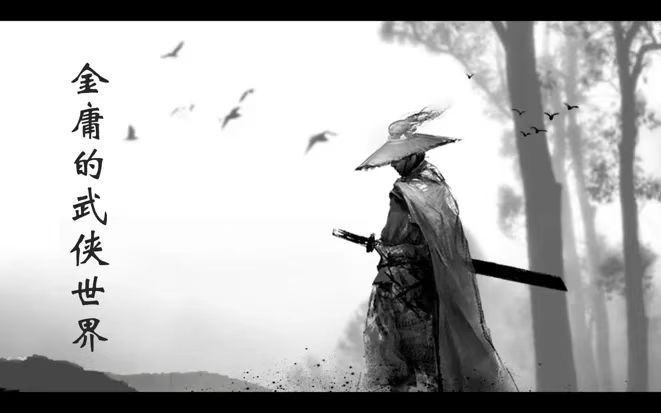
“Feed on Fantasy Travel Logs”
Teachers Ms. Monica Chen and Ms. Lina Chen introduced different styles of travel writing and documentaries in "Feed on Fantasy Travel Logs,” which focused on dialogue between teachers and students. In the course, the students created a multifaceted travel journal drawing on ideas from history, architecture, literature, art, and food.
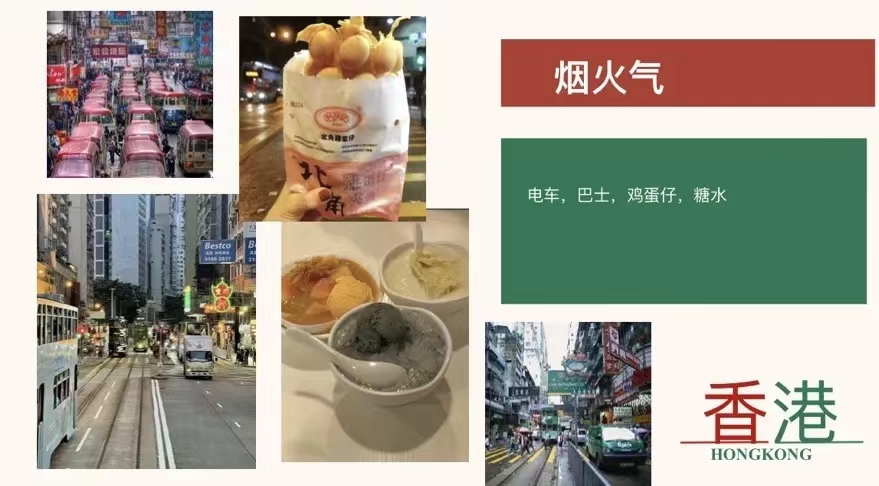
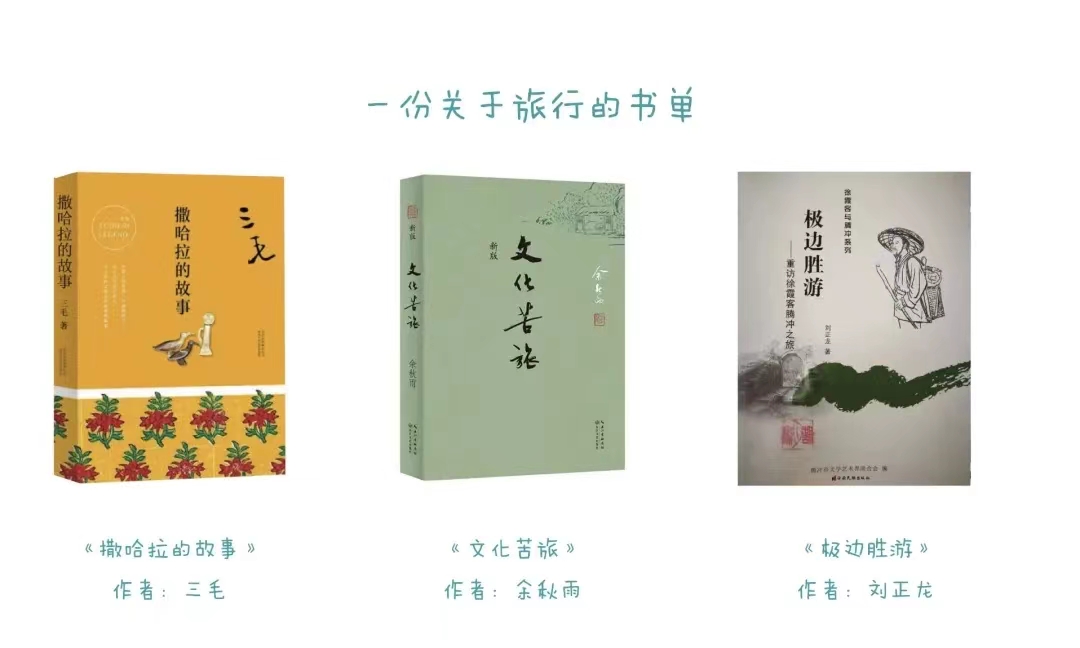
The Chinese language is as vast as life itself. During the online learning period, the
High School’s Chinese teachers established alternative courses for Years 10 and 12
students, integrating language, literature, film and television, food, and travel. The
students roamed the long river of Chinese civilisation, which has flowed continuously
for 5,000 years. Along the way, they tasted distinctive food, learned about valour
and benevolence, and pondered the meaning of mythological creatures. They
compared the ancient and contemporary, the Chinese and Western, and creatively
enhanced their cultural knowledge.
—— David Xiong
Director of High School Chinese Academics / High School Chinese Teacher